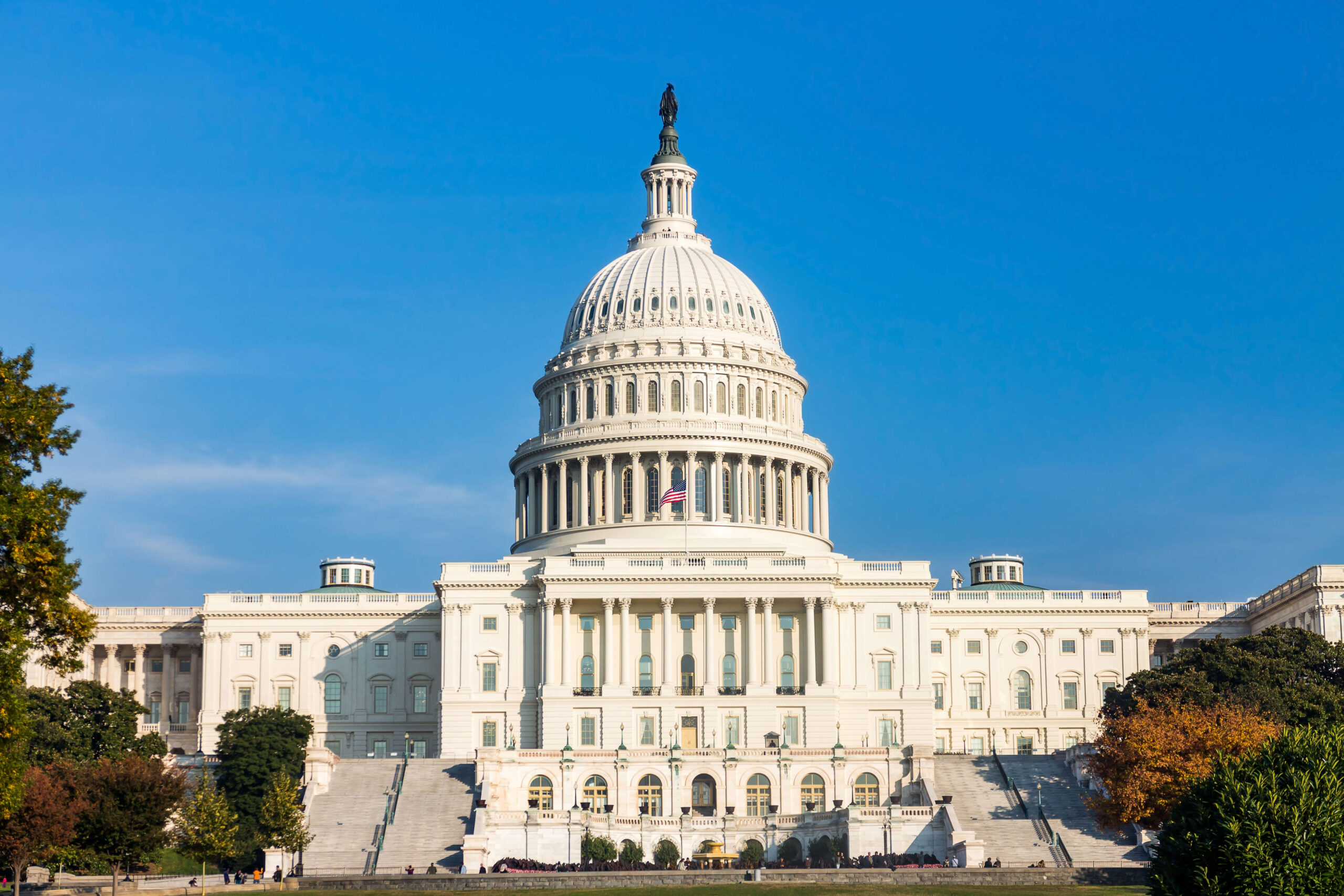OSHA Issues Vaccine ETS. The Occupational Safety and Health Administration (OSHA) published its COVID-19 Vaccination and Testing Emergency Temporary Standard (ETS) on November 5, 2021. The ETS, which is effective immediately, applies to employers with 100 or more employees. Key components of the ETS include the following:
- Employers must implement (a) a policy requiring all employees to be vaccinated against COVID-19 by January 4, 2022, or (b) a policy requiring unvaccinated employees to submit to weekly testing and masking requirements.
- Employers must provide employees with reasonable paid time off to get vaccinated (up to four hours for each dose) and/or recover from vaccine side effects.
- Employers are not required to pay for testing for employees who choose not to get vaccinated.
- The preamble states, “This ETS will preempt inconsistent state and local requirements, including requirements that ban or limit employers’ authority to require vaccination.”
- The ETS does not apply to workplaces covered under the Safer Federal Workforce Task Force COVID-19 Workplace Safety: Guidance for Federal Contractors and Subcontractors.
- Employers have until December 5, 2021, to comply with the ETS, but have until January 4, 2022, to comply with the vaccination and testing components.
Melissa A. Bailey and John F. Martin have the details. For more information on OSHA’s COVID-19 ETS, please join us for our upcoming webinar, “It’s Here—OSHA Issues COVID-19 Vaccination and Testing Emergency Temporary Standard,” which will take place on Tuesday, November 9, 2021, from 2:00 p.m. to 3:00 p.m. EST. Register here.
CMS Issues Mandatory Vaccination Rule. Also on November 5, 2021, the Centers for Medicare and Medicaid Services (CMS) issued an interim final rule (IFR) instituting COVID-19 vaccination requirements for staff at covered Medicare and Medicaid providers and suppliers. The vaccine mandate applies to staff “regardless of clinical responsibility or patient contact” and there is no testing alternative. Like the OSHA ETS, the CMS IFR requires covered employees to be fully vaccinated by January 4, 2022. Cynthia A. Bremer, James M. Paul, and Jody Ward-Rannow have the details.
For more information on key provisions of the CMS IFR, please join us for our webinar, “CMS Boosts Vaccination Requirements in Healthcare: Above and Beyond the OSHA ETS and EO 14042?,” which will take place on Wednesday, November 10, 2021, from 2:00 p.m. to 3:00 p.m. EST. Register here.
Federal Contractor Vaccine Update. Completing the federal vaccine trifecta, as part of the launch of both the OSHA and CMS vaccine rules, the White House issued a fact sheet with the following statement: “Employees falling under the ETS, CMS, or federal contractor rules will need to have their final vaccination dose—either their second dose of Pfizer or Moderna, or single dose of Johnson & Johnson—by January 4, 2022.” (Emphasis added.) Pursuant to Executive Order 14042 and the Safer Federal Workforce Task Force guidance, federal contractors were previously instructed that December 8, 2021, was the deadline by which covered employees needed to be vaccinated. While this statement from the White House presumably extends that date, as of this writing, that December 8 deadline in the Task Force guidance has not yet been corrected.
NLRB Seeks Input on Virtual Hearings. Also on November 5, 2021, the National Labor Relations Board (NLRB) issued an advance notice of proposed rulemaking (ANPRM) soliciting “input on the use of videoconference technology to conduct, in whole or in part, all aspects and phases of unfair labor practice and representation case hearings and on potential amendments to its procedural rules regarding the use of videoconference technology.” The ANPRM makes clear that the NLRB does not intend to replace in-person hearings with virtual hearings (which have been permitted during the COVID-19 pandemic), but “the Board is considering whether to retain virtual hearings as an option for future use.” Comments are due on or before January 4, 2022.
EEOC Will Address Artificial Intelligence. On October 28, 2021, the U.S. Equal Employment Opportunity Commission (EEOC) announced an initiative to address technology, artificial intelligence (AI), and federal discrimination law. According to the EEOC, the initiative “aims to guide applicants, employees, employers, and technology vendors in ensuring that [AI and algorithmic decision-making tools] are used fairly, consistent with federal equal employment opportunity laws.” As part of the initiative, the EEOC will “[i]ssue technical assistance to provide guidance on algorithmic fairness and the use of AI in employment decisions.”
House Committee Approves Bill Banning Arbitration. This week, the House Committee on the Judiciary advanced the Forced Arbitration Injustice Repeal (FAIR) Act (H.R. 963), a previous version of which passed the U.S. House of Representatives in 2019. The bill, sweeping in scope, would prohibit predispute arbitration agreements in employment, consumer, antitrust, and civil rights disputes. The bill, which has been opposed in the past by myriad business groups, may make it through the House, but it is likely to be stopped in the U.S. Senate, as long as the legislative filibuster remains in place.
Spring Forward, Don’t Fall Back. Daylight saving time ends this weekend, but it would not if it were up to Senator Patty Murray (D-WA). This week, the senator from the Evergreen State took to the Senate floor and social media to criticize the biannual clock-changing exercise. Senator Murray is a cosponsor of the bipartisan Sunshine Protection Act of 2021 (S. 623), which would make daylight saving time permanent in the United States. Proponents of the bill claim that permanent daylight saving time will have positive impacts on individuals’ health and wellness, reduce crime, and save energy. Senator Murray and her fellow cosponsors are continuing a tradition of congressional time tinkering, as the Buzz has previously documented. Only “time” will tell if they are successful.





